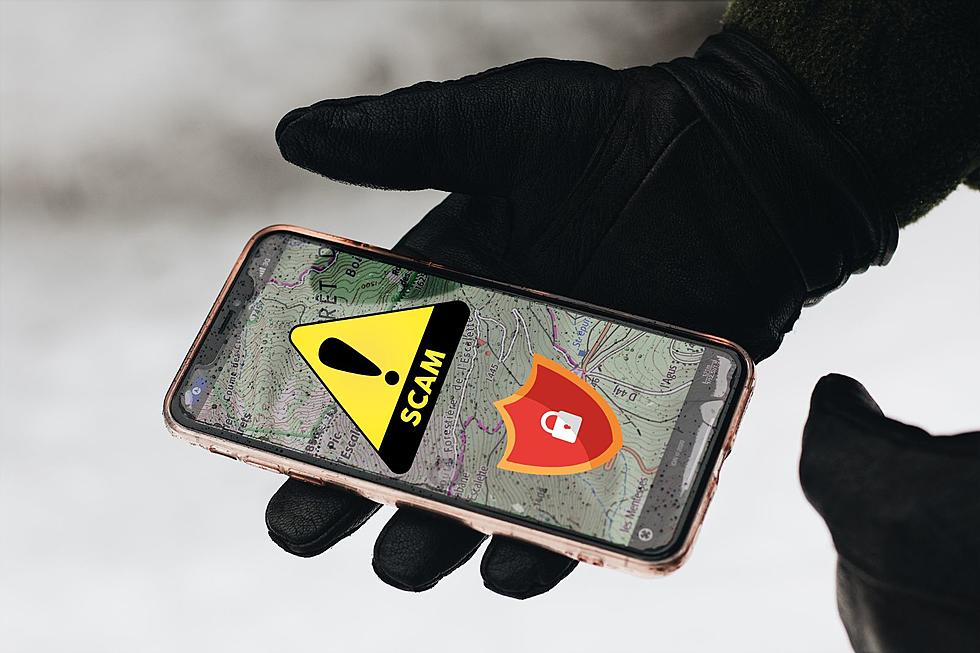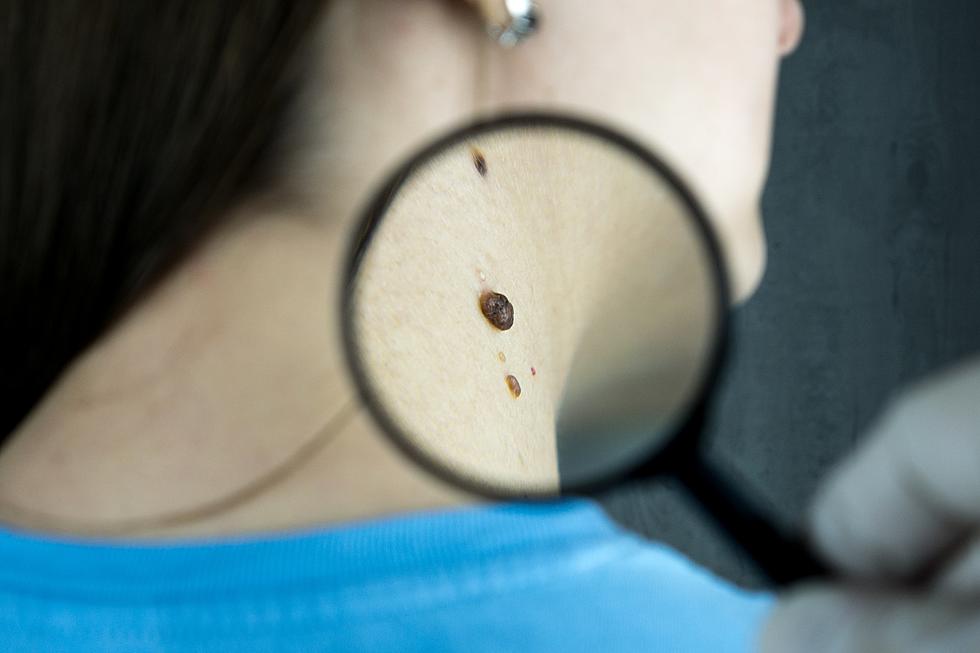
Are You Washing Your Hands Correctly?
At last count, the worldwide coronavirus outbreak has infected more than 75,000 people and killed more than 2,100. Those staggering numbers serve as a dramatic reminder as to just how quickly - and potently - germs can spread from one person to another.
Many high tech methods are being employed to try and stem the tide of COVID-19, but still one of the most effective ways to stop the spread of germs is the simple act of washing your hands.
With that in mind, Popular Science is reminding all of us that there are several steps to ensuring that your hand washing routine is actually killing the germs you think it is.
The Centers for Disease Control, which estimates that proper handwashing can reduce the risk for respiratory illness by up to 21 percent and other ailments, like diarrhea, by up to 40 percent.
Most of us are diligent about washing up after we use the restroom or before we prepare food but where we may be falling short is by rushing through the process.
The CDC recommends thoroughly wetting your hands with very warm water and then soaping up all of the surface area, including between the fingers and on the back of the hand.
But that's just the beginning.
In order to obtain the maximum germ-killing capabilities, you should be washing your hands for a good 20-30 seconds. A quick time reference would be singing 'Happy Birthday' twice all the way through.
It's also a good idea to wash up It’s good to wash up after coming in from outside, handling an animal, or prior to touching your face for any reason, like putting in contacts or flossing. It's estimated that we touch our faces up to 52 times per day, which means multiple chances for germs to settle into our skin and eventually our bloodstream.
If you're more of a hand sanitizer person, that's good but not great. Experts say it helps when you don't have access to soap and water but that most hand sanitizers don't kill all germs.
More From KYBB-FM / B102.7









